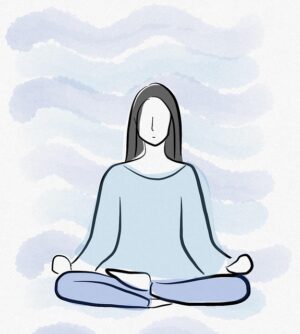Holistic mental health emphasizes the interconnectedness of physical, emotional, social, and spiritual aspects for overall well-being. Nature-based therapy, mindfulness/meditation, acupuncture/aromatherapy, and creative arts therapies are complementary approaches that enhance durability and fulfillment. Lifestyle adjustments including balanced eating, exercise, sleep, stress management, and social connections form the foundation of holistic mental health practices.
Discover the diverse world of complementary therapy methods for achieving holistic mental health. This comprehensive guide explores nature-based therapies, mindfulness practices, alternative treatments like acupuncture and aromatherapy, and creative approaches such as art, music, and dance in therapeutic settings. By integrating these strategies into your lifestyle, you can cultivate optimal holistic mental wellness.
Understanding Holistic Mental Health: A Comprehensive Approach
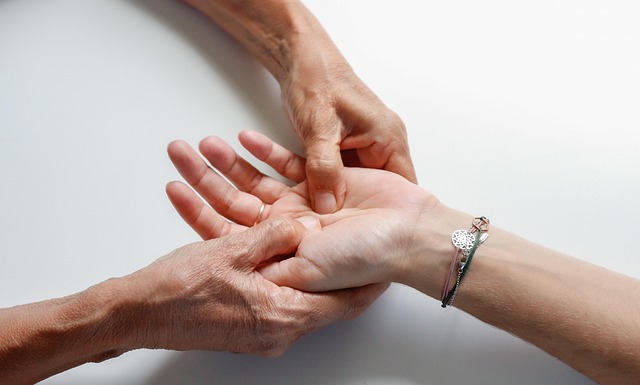
Holistic mental health approaches recognize that well-being is interconnected with various aspects of life, including physical, emotional, social, and spiritual dimensions. Unlike traditional Western medicine’s focus on treating symptoms, holistic therapy methods aim to understand and address the underlying causes of distress by considering the whole person. This comprehensive approach involves tailoring treatments to each individual’s unique needs, incorporating techniques such as meditation, mindfulness, yoga, nutrition counseling, and energy healing.
By adopting a holistic mental health perspective, practitioners encourage clients to explore and cultivate self-care practices that promote balance and harmony within their lives. This shift from symptom management to overall well-being can lead to more durable and meaningful improvements in mental health, enabling individuals to navigate life’s challenges with increased resilience and a deeper sense of fulfillment.
Exploring Nature-Based Therapy: Connecting with the Outdoors

In the realm of holistic mental health, nature-based therapy emerges as a powerful complementary approach, inviting individuals to connect with their surroundings in profound ways. This therapeutic method leverages the calming and restorative powers of the outdoors, offering a sanctuary for both mind and spirit. By immersing oneself in natural environments, whether it’s a serene forest, a tranquil garden, or simply a nearby park, individuals can experience a sense of tranquility and improved mental well-being.
Nature has an innate ability to reduce stress, enhance mood, and foster a deeper sense of connection with the world around us. Research suggests that spending time in green spaces can lower anxiety levels, improve concentration, and even boost creativity. This therapeutic experience encourages individuals to slow down, breathe deeply, and engage their senses, creating a powerful contrast to the often fast-paced and demanding nature of modern life. Through mindful exploration and interaction with nature, one can discover a sense of inner peace and resilience, contributing significantly to holistic mental health practices.
Mindfulness and Meditation Techniques for Mental Wellbeing
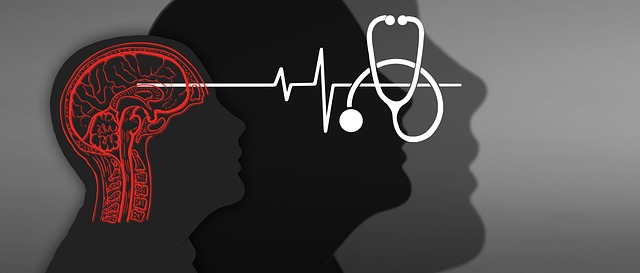
Mindfulness and meditation are powerful complementary therapy methods that play a pivotal role in promoting holistic mental health. These ancient practices have gained significant traction in modern times due to their effectiveness in reducing stress, anxiety, and depression while enhancing overall well-being. Mindfulness encourages individuals to focus on the present moment without judgment, fostering a deeper connection with one’s thoughts and emotions. By cultivating awareness of breath, bodily sensations, and surroundings, mindfulness helps individuals develop a non-reactive mindset, enabling them to navigate challenging situations with greater ease.
Meditation, on the other hand, involves training the mind to achieve a state of calm and clarity through various techniques such as mantra repetition, focused breathing, or loving-kindness practices. Regular meditation has been shown to strengthen neural connections related to attention and emotional regulation, leading to improved mental resilience and emotional intelligence. When integrated into daily routines, mindfulness and meditation can help individuals cultivate a sense of inner peace, improve sleep quality, boost self-awareness, and enhance overall mental clarity, contributing significantly to their holistic mental health journey.
The Power of Alternative Practices: Acupuncture, Aromatherapy, and More

In the realm of holistic mental health, alternative practices have emerged as powerful tools for fostering well-being and balance. Acupuncture, for instance, has gained recognition for its ability to stimulate specific points in the body to promote natural healing and restore energy flow, addressing not just physical ailments but also mental and emotional imbalances. This ancient practice is now backed by modern research, showing its effectiveness in reducing stress, anxiety, and even symptoms of depression.
Another notable method is aromatherapy, which harnesses the power of essential oils derived from plants to influence mood and cognitive function. The subtle scents can evoke calmness, enhance focus, or stimulate energy, providing a natural way to support mental health. When integrated into routines, these complementary therapy methods offer a holistic approach to well-being, addressing the mind, body, and spirit as interconnected entities.
Integrating Art, Music, and Dance in Therapeutic Settings
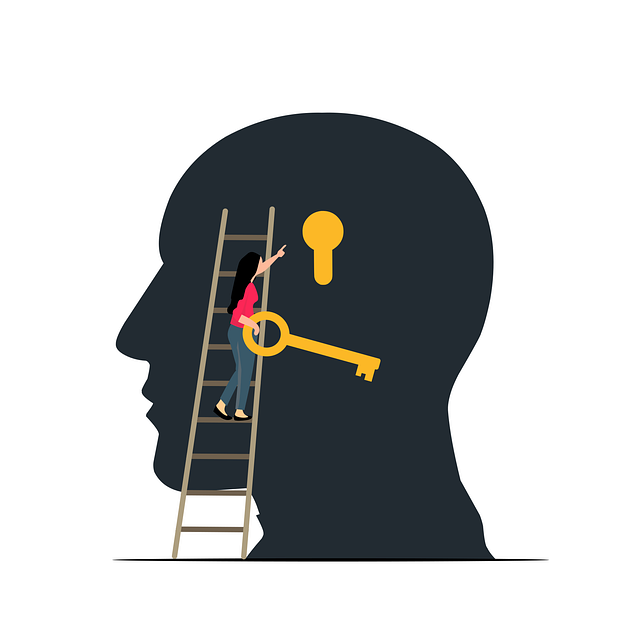
In the realm of holistic mental health, integrating creative arts like art, music, and dance into therapeutic settings has emerged as a powerful approach to complement conventional treatments. These expressive modalities offer a unique way for individuals to explore and communicate their emotions, thoughts, and experiences, often accessing parts of themselves that conventional talk therapy might not reach easily. Art therapy, for instance, encourages clients to express themselves through various art forms, enabling them to visually represent their internal worlds and process complex feelings. Similarly, music and dance therapies provide avenues for non-verbal self-expression, allowing individuals to connect with their bodies and emotions in a profound and often cathartic manner.
The benefits of these complementary therapy methods extend beyond the immediate therapeutic session. Engaging in artistic processes can enhance relaxation, reduce stress, and improve overall well-being. For example, listening to calming music or moving to rhythmic dance beats can lower blood pressure, slow heart rate, and promote a sense of tranquility. Moreover, creating art or dancing can serve as a form of mindfulness, helping individuals stay grounded in the present moment and cultivate a deeper awareness of their mental and physical states. This holistic approach to mental health treatment empowers clients to take an active role in their healing journey by tapping into their innate creativity and expressive capabilities.
Lifestyle Adjustments for Optimal Holistic Mental Wellness
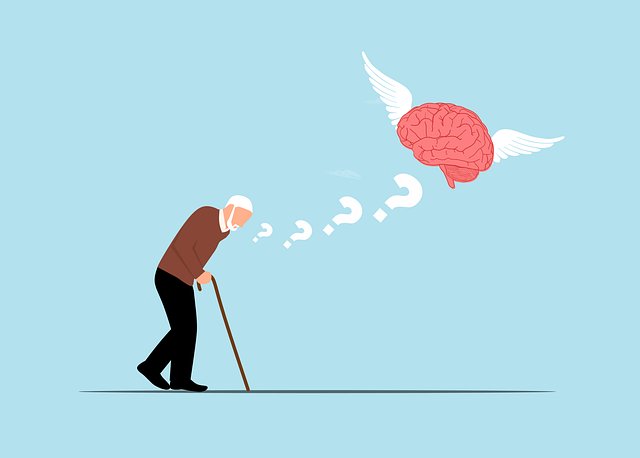
Lifestyle adjustments play a pivotal role in achieving and maintaining optimal holistic mental wellness. This includes adopting balanced eating habits, as nutrition significantly impacts brain function and mood regulation. Incorporating regular physical activity not only promotes overall fitness but also releases endorphins that alleviate stress and enhance cognitive clarity. Adequate sleep is another cornerstone of holistic mental health; prioritizing quality rest supports emotional stability and enhances resilience to daily stressors.
Moreover, mindfulness practices such as meditation or yoga cultivate present-moment awareness, helping individuals manage anxiety and cultivate inner calm. Stress management techniques, like deep breathing exercises or engaging in hobbies, offer effective coping strategies for maintaining a sense of well-being. Social connections are also vital; fostering meaningful relationships and building a supportive network contribute to emotional resilience and a sense of belonging, all integral components of holistic mental wellness.
